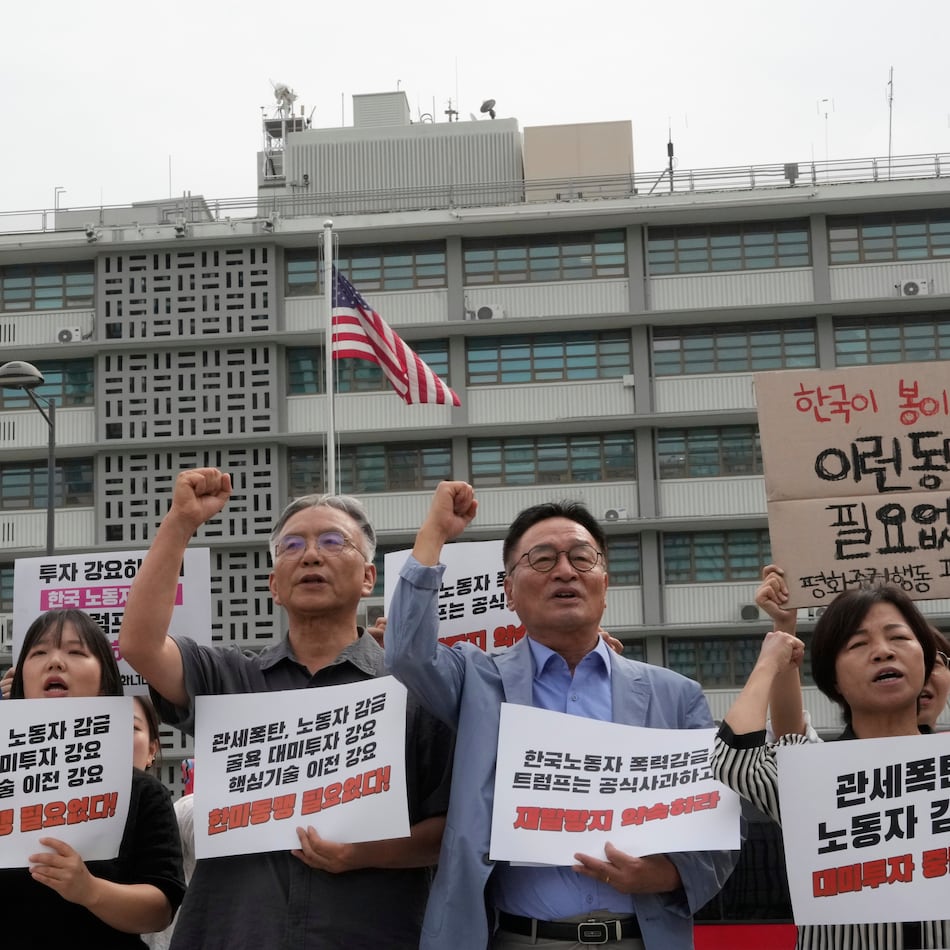A recent Georgia Supreme Court ruling could have a “devastating impact” on the state's public defender offices and the quality of representation of death-penalty cases, a strongly worded motion filed this week contends.
The motion asked the court to reconsider its March 25 decision rejecting accused killer Jamie Ryan Weis’ bid to bar prosecutors from seeking the death penalty against him because he waited in jail for more than two years without lawyers to defend him. It said the court's majority relied on inaccurate premises in arriving at its decision.
If the court is to issue such an important ruling, the motion said, “It is critical to get the facts right and the law right.”
The court also was asked to consider the repercussions of its decision. "[It] will result in the removal of lawyers from cases and the appointment of circuit public defenders in capital cases whenever there is delay in those cases. ... The lawyers who have been willing to take on the thankless job of public defense should not be punished by having capital cases dumped on them," the motion said.
Weis is accused of killing a 73-year-old woman during a Feb. 2, 2006, burglary in Pike County. The Georgia Public Defender Standards Council appointed two private lawyers, Robert Citronberg and Tom West, to defend him.
However, the council, in the throes of a budgetary crisis, stopped funding Weis' defense in September 2007, prompting a request from Citronberg and West to continue the case until money was available. To break the stalemate, Pike County District Attorney Scott Ballard asked Superior Court Judge Johnnie Caldwell to replace the private attorneys with two local public defenders. In late 2007, Caldwell agreed, even though one of the defenders said she had a crushing caseload and was no longer certified to defend capital cases.
Weis challenged that decision and Citronberg and West were allowed to return to the case in April 2008.
In a pretrial appeal, the state Supreme Court was asked to determine whether Weis' right to a speedy trial had been violated.
In a 4-3 decision, the court said insufficient state funding contributed to some of the delay but it wasn't the sole factor. Much of the delay was due to "Weis' own behavior and the behavior of his attorneys," wrote Justice Harold Melton, joined by Justices George Carley, Harris Hines and David Nahmias.
The ruling said Caldwell took appropriate action by appointing the public defenders. It also blamed Citronberg and West for fighting to put themselves back in a case they had claimed could not move forward because of a lack of funding, even though they knew no funding would be available until "at least June 2009."
Weis' motion filed this week, citing court testimony, said funding for the case was available in April 2008 thanks to emergency funding approved by the Legislature. "Thus, the major factual premise of the majority's opinion is not supported by the record," the motion said.
About the Author
Keep Reading
The Latest
Featured


